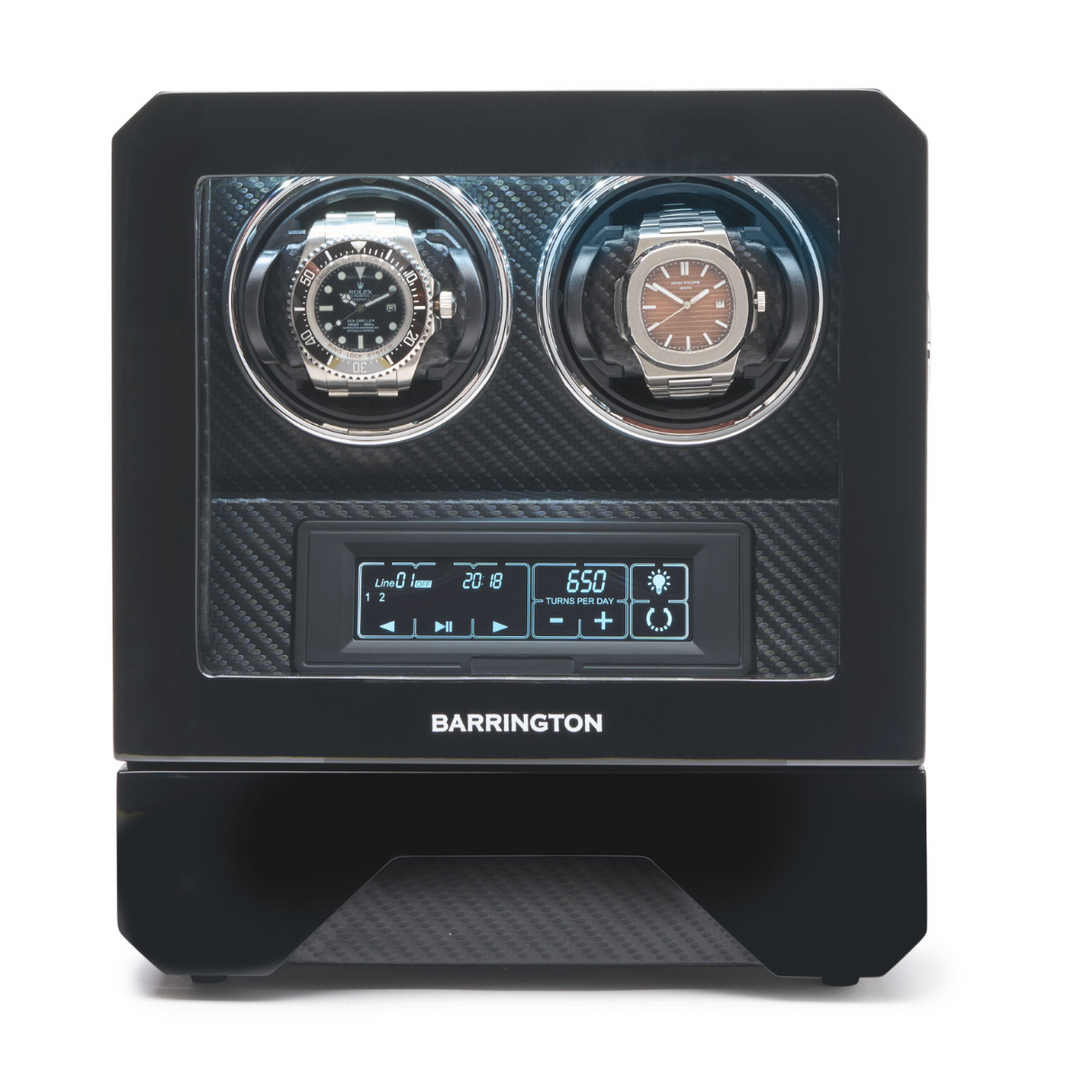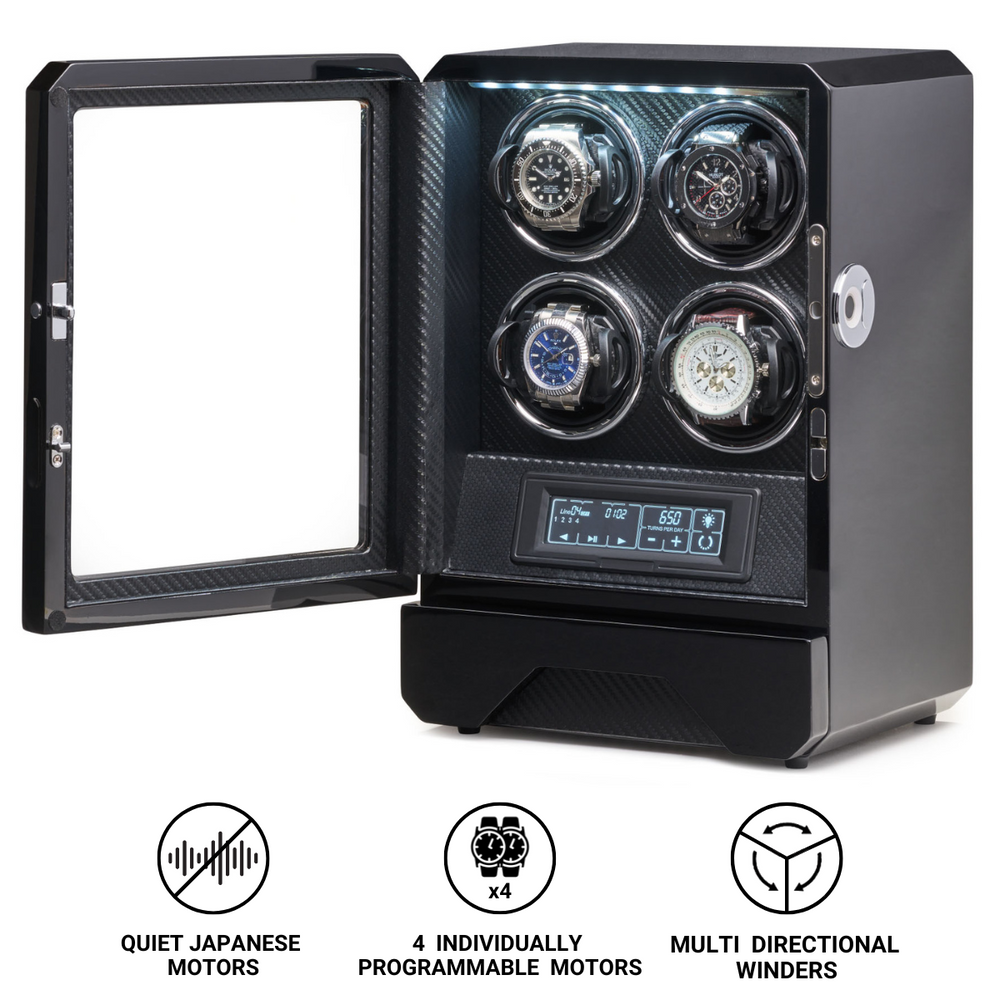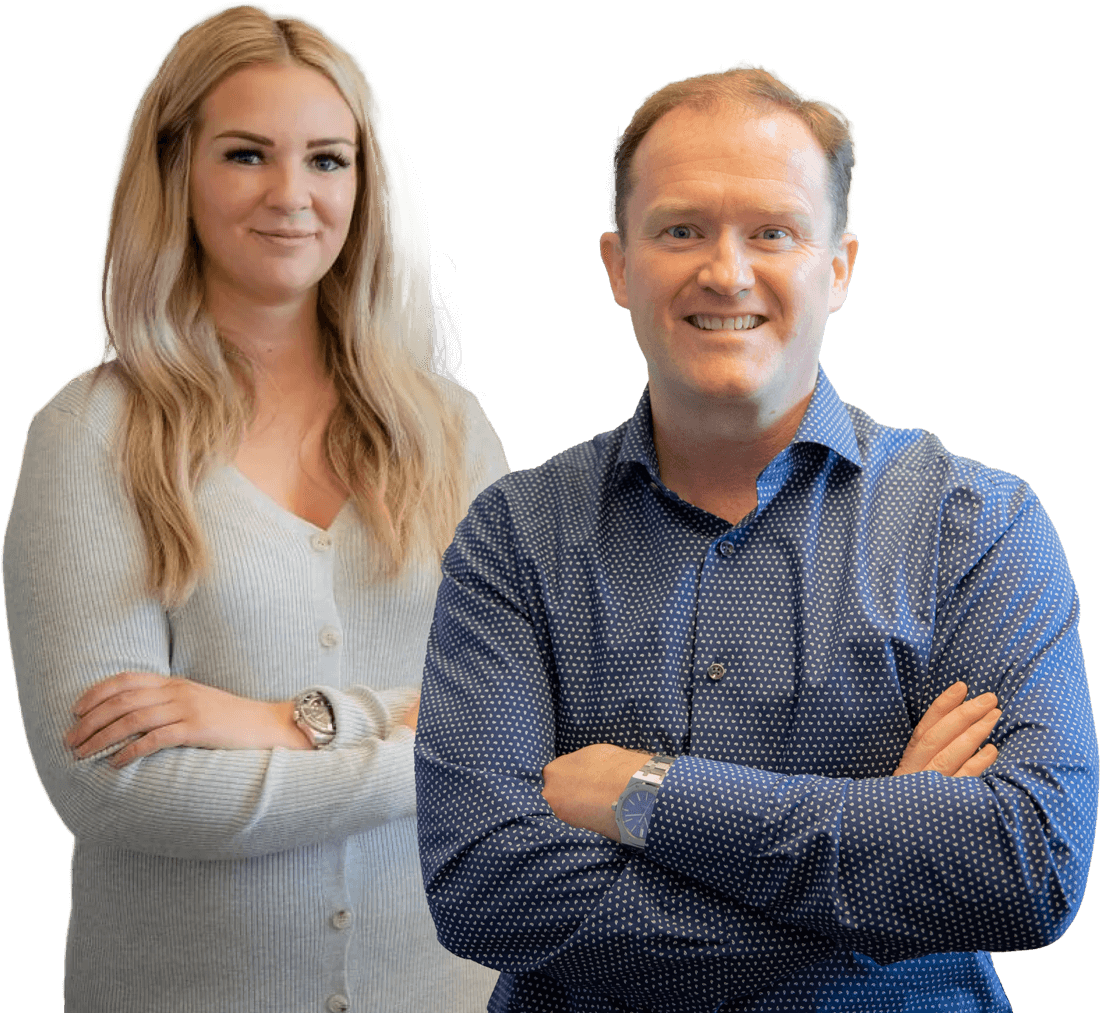HSNY Launches New Academic Courses Bridging Horology, History, and the Philosophy of Time
Blending horological tradition with multidisciplinary inquiry, the Horological Society of New York (HSNY)—the oldest watchmaking guild in the United States, established in 1866—has introduced a new academic initiative aimed at expanding public engagement with the concept of time. Launching in spring 2025, the organisation’s latest educational programme features two in-person seminar-style courses at its Manhattan headquarters.
The Society’s leadership has described this new direction as an effort to align horological education with the evolving needs and curiosities of today’s learners. The aim is to make the study of time not only more accessible but also more relevant, by encouraging reflection on its broader impact on society, behaviour, and belief.
A Historic Venue: The Jost Bürgi Research Library
Courses will take place within HSNY’s Jost Bürgi Research Library, named in honour of the 16th-century Swiss clockmaker and mathematician known for his pioneering work in astronomical instrumentation. Bürgi’s contributions to timekeeping, particularly his collaboration with the Landgrave of Hesse-Kassel and his independent work on logarithms, established him as one of the most influential figures of early modern horology.
Located at 20 West 44th Street in midtown Manhattan, the library houses an exceptional collection of horological texts, manuscripts, and technical documents. It serves as both a scholarly resource and a fitting setting for a programme that explores time from mechanical, cultural, and philosophical perspectives.
COURSE ONE: America at Night
Tuesdays, 20 May – 24 June 2025
Instructor: Daniel Levinson Wilk
Cost: $150 | Capacity: 11 students
This seminar investigates how American culture has shaped—and been shaped by—the night. The course explores topics such as urban illumination, the economics of 24-hour life, and the social constructs surrounding nocturnal activity. Through literature, music, and visual art, students will examine how night-time has been portrayed, managed, and mythologised in the United States.
Participants will also consider the horological innovations that have enabled timekeeping after dark, such as luminous dials and 24-hour watches, and how these tools intersect with the human experience of sleeplessness, solitude, and subcultural life.
Daniel Levinson Wilk, a historian based at SUNY-FIT, brings expertise in the study of service labour and infrastructure to the discussion, offering a social-historical view of time as experienced through night-time settings.
COURSE TWO: Time: The Big Questions
Wednesdays, 21 May – 25 June 2025 | 6:00–7:30pm
Instructor: Jeffrey Feddersen
Cost: $150 | Capacity: 11 students
This seminar offers a broad investigation into how humans have conceptualised and measured time. Spanning ancient devices like the Antikythera Mechanism to modern atomic clocks, the course blends scientific discovery with philosophical reflection. Participants will explore the evolution of timekeeping from both practical and metaphysical angles, considering how time has been used to understand the cosmos and human life within it.
The syllabus draws upon resources from HSNY’s archival collection and includes materials developed in Feddersen’s graduate-level work on time and systems theory. Discussions will address topics such as the relativity of time, its cultural representations, and its role in shaping the future.
Feddersen, known for his interdisciplinary teaching at NYU’s ITP programme, has contributed to projects involving digital art, creative electronics, and public installations, positioning him uniquely to guide conversations at the intersection of horology, computation, and human imagination.
A Broader Approach to Horological Education
This academic expansion represents a shift from purely technical instruction to a more inclusive educational model. While institutions such as the British Horological Institute (BHI) and WOSTEP in Switzerland focus on bench training and formal certification, HSNY’s approach offers a complementary perspective—one that addresses time as both a physical phenomenon and a cultural framework.
The initiative resonates with a growing international interest in the nature of time across disciplines including physics, art, literature, and philosophy. As global discourse increasingly turns to questions of temporality—whether in the context of artificial intelligence, climate policy, or extended human longevity—programmes like this offer a platform for meaningful engagement.
Enrolment Details
Each course will accommodate no more than 11 students, ensuring a discussion-based environment. Sessions will be held at HSNY’s Jost Bürgi Library. Enrolment opened on 28 April 2025, and registration is available via Eventbrite and hs-ny.org.
For collectors, scholars, or anyone intrigued by the deeper dimensions of time, this programme offers a rare opportunity to view horology not just as a craft, but as a lens through which to better understand the world—and ourselves.














